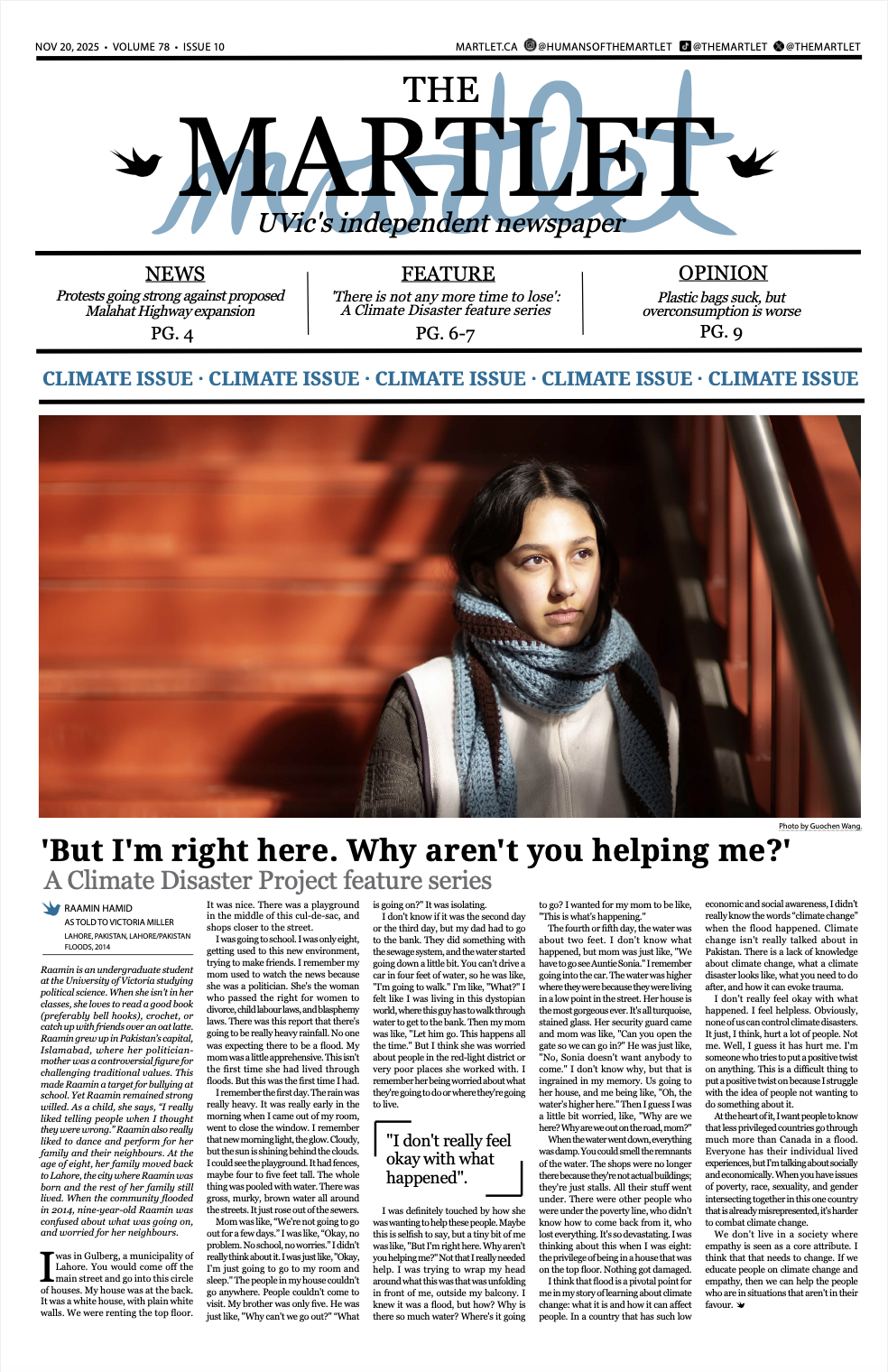The University of Victoria has received a grant worth $445 000 from the European Union (EU). The funding will allow UVic to be home to the only European Union Centre of Excellence (EUCE) in B.C., and only the third of its kind in Canada. Several disciplines can look forward to offerings of lectures and workshops over the next three years all with an EU focus.
“We won one of the largest grants. It’s actually the largest funding program the EU gives to non-European countries,” said Dr. Emmanuel Brunet-Jailly during a phone interview. Dr. Brunet-Jailly is the director of the European Studies Program at UVic. “We are a relatively small university to win this grant,” continued Dr. Brunet-Jailly. “At the time when we competed, we were also competing against UBC, University of Toronto, and York, and Montreal, and these are very large universities. But the strength that was recognized by the selection committee in Brussels is that we are really going across many disciplines. So what we have is a wealth of teaching and resource activities that have to do with things going on in Europe that are a little bit original.” This multiple disciplinary focus is one aspect of the grant that has been discussed throughout the community.
“One of the most interesting things about this grant is that it’s very rare that research grants at UVic are so inter-disciplinary,” said Nicole Bates-Eamer, EUCE project manager at UVic. “Usually they’re in poli-sci and with the Poli-Sci Department, or they’re much more housed in their academic unit, and with this the general theme is EU and we’ve linked people from all different faculties to offer activities.” The spread of disciplines includes the Centres for Religious Studies, Business, Law, Global Studies, Political Science, Public Administration, and Economics.
These areas can expect to see a number of guest lecturers, and a variety of workshops. “Our goal is to bring one scholar per academic month, which would be about eight to 10 scholars per year,” said Bates-Eamer. According to her, one of the workshops that is exciting is “a workshop on grassroots protests and the recent financial crisis in Iceland, and Spain, and other European countries that basically will be looking at the impact of protest on the financial crisis.” Other programs to look forward to include a collaboration with UVic’s City Talks program hosted at the Legacy Art Gallery.
This is not, however, solely an opportunity for the campus. Brunet-Jailly said, “The centre is able to work through other networks to diffuse knowledge about the EU not just in UVic—to, say, students and scholars—but it goes beyond this.” Dr. Brunet-Jailly has established a large number of contacts as a result of the grant. “What we want to establish is networks of people who are better informed about EU policies and the European Union in B.C.,” said Brunet-Jailly. “So we are developing basically databases of people who are identifying as having either great interests in Europe and the European Union or a great knowledge.” This database has been developing a great deal after UVic and the University of Toronto received a joint grant in 2009.
Brunet-Jailly said, “Because we partnered with the University of Toronto, we basically learned to manage such a centre[. . .]Now we have the capacity to work inter-disciplinary, and it’s not just a poli-sci or a political economy centre on a few policies. It’s something that is a little broader, and that, I think, is the great asset that UVic is able to demonstrate, and I hope that in a couple years that it will be visible across the province that, you know our constituencies—the people with whom we have worked—will realize and will be grateful, because obviously our goal is to win the next grant.”
The fact that Brunet-Jailly is already looking at the next year highlights the confidence in his team. He said they will “all implement their activities very well, so I’m not really worried about the implementation.” He added that, “I want to make sure as we are implementing we are building the ability, so the next time we apply we will be a strong contender, and we can become the flagship university, one of the main centres of the European Union in British Columbia.”
All of this is happening just after the Canadian-European Comprehensive Economic Trade Agreement (CETA) started milling through the mainstream media. Although the negotiations aren’t complete, this may bring even more possibilities to EUCE.








